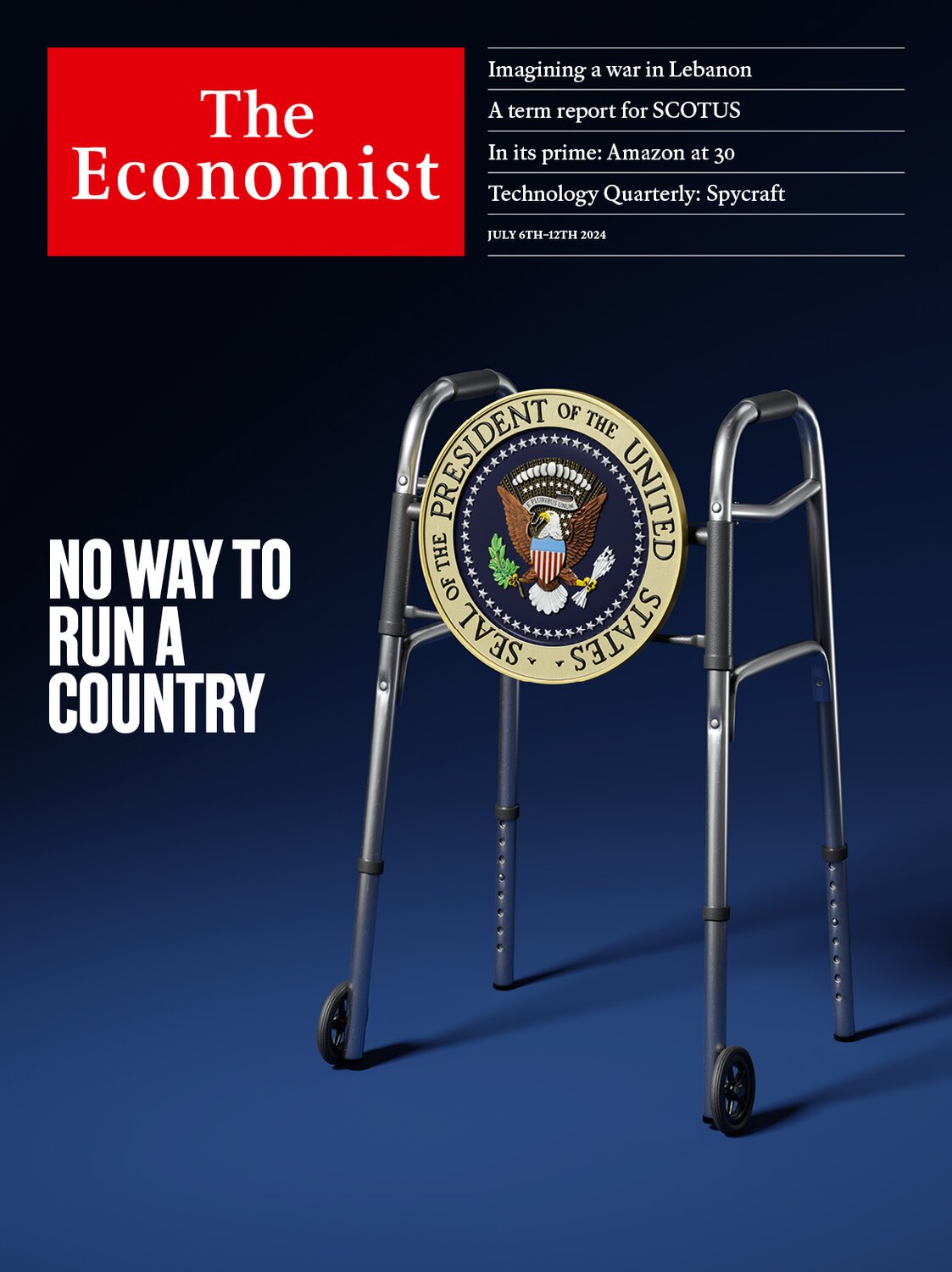Black background with white text reading 'What's at Stake for Civil Rights: Project 2025,' framed by a gradient border transitioning from purple to blue to pink.
For many in the disability community, the outcome of this election is a profound blow. It's a stark reminder that this is not an anomaly; it's a deliberate choice by the electorate. As disability advocates, we must confront this reality, grieve its implications, and prepare for the arduous journey ahead.
Diversity, Equity, and Inclusion efforts are essential for creating spaces where all people, including disabled individuals, can thrive. Yet, with Project 2025’s clear intent to politicize the federal workforce, these efforts face a direct threat. The plan to replace nonpartisan civil servants with political loyalists doesn’t just jeopardize the integrity of government agencies; it also poses a serious risk to any DEI initiatives within the federal government. When leadership is handpicked to fit a rigid ideological mold, DEI initiatives—particularly those that protect marginalized groups—become targets for dismantling.
For disabled federal employees like myself, this change isn’t abstract. It could mean the erosion of inclusive hiring practices, the rollback of workplace accommodations, and a shift toward a culture that prioritizes conformity over diversity. By undercutting DEI, the federal government risks creating a hostile environment for all who rely on its protections, effectively shutting the door on years of progress in fostering an equitable workplace.
Moreover, Project 2025 aims to politicize the federal workforce by replacing nonpartisan civil servants with loyalists. This shift could transform agencies like the U.S. Department of Justice from protectors of civil rights into enforcers of a singular ideology, jeopardizing the rights of marginalized communities.
In 2016, we told ourselves, "This isn't who we are." Today, we must face the hard truth: This is who we are. Our society has twice chosen a path that marginalizes, excludes, and actively silences people like us. As Scaachi Koul wrote for Slate Magazine, "This is a country where half the population is content in its hatred of women, of queer people, of brown and Black people, of anyone who comes to the United States from a poorer country."
Acknowledging the pain doesn't mean we give up. We have work to do, even if it's uphill, exhausting, and heartbreaking. But we have to begin by mourning what we've lost—the hope for a more inclusive future, the belief that our voices mattered, and that progress was possible. We may be in the crosshairs, but we are not powerless. We are still here, advocating, fighting, and demanding that our nation's policies reflect everyone's needs, not just those who conform to a narrow idea of "American."
So let's grieve today, gather strength, and prepare for what comes next. Tomorrow, we continue the work, not because it's easy, but because it's necessary.




